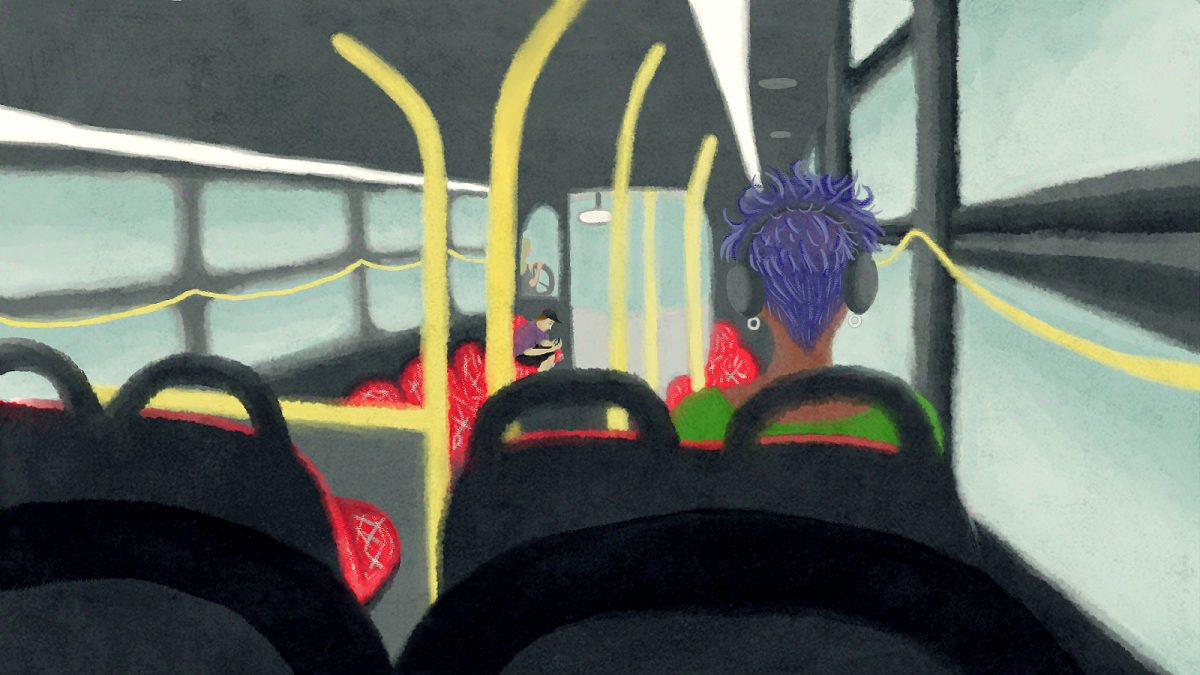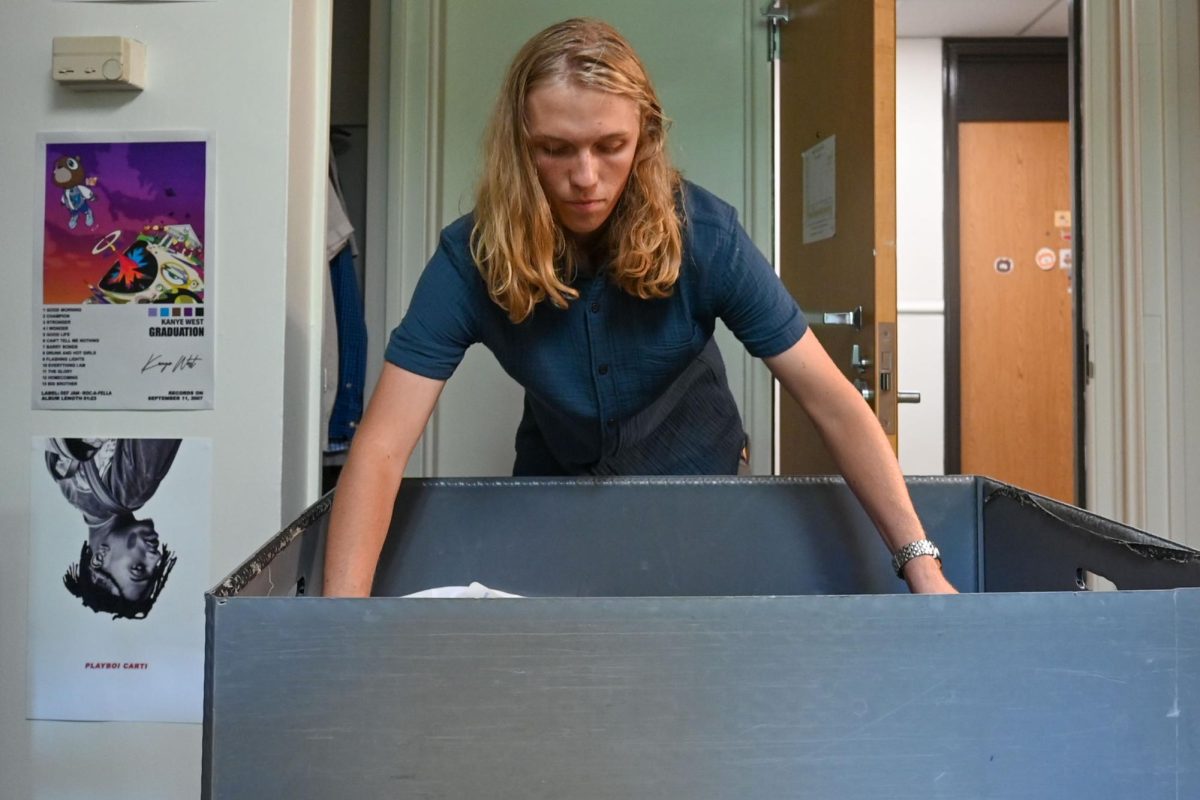It is finally here.
Twenty years of fighting in the North Carolina legislature and constant protest from conservatives could not stop the lottery bus from arriving in North Carolina this week. The N.C. State Education Lottery itself is a victory for democracy. Finally something that a majority of residents support was not stopped by a vocal minority of the population.
However, it is not as if the lottery is something new to North Carolina.
Residents have been traveling to South Carolina and Virginia for years to play the lottery. I even played the lottery once. I purchased a ticket for $1 and won $2.
Since that day, I have never played again — preferring to get out while I am “up.”
Just because I do not play the lottery does not mean I am not in favor of having one. The lottery does great things for the state, mainly raising large sums of money to fund education without raising taxes.
Opponents of the lottery call it a “tax on the poor.” This is plain stupid. First, part of the revenue from the lottery will fund scholarships for “need-based” (poor) students. Second, a tax is something that the government forces you to pay. No one forces you to play the lottery. This is America — the land of the free; if a majority of people wants to play the lottery they should have a lottery to play with!
According to The News and Observer, sales in North Carolina for the first four days of the lottery amounted to $12.6 million. Apparently plenty of people want to play the lottery. At this rate, the state will collect around $1.1 billion annually from the lottery. The current lottery is set to payout 50 percent of the revenue in prizes. The other 50 percent of revenues will be split between education (35 percent) and administrative costs (15 percent). That means $385 million will go to education. Of the education amount, ten percent ($38.5 million) will go to scholarships for need-basedstudents to go to college.
Anyone against the lottery must hate education.
However, I encourage you to resist the urge to throw your money away on the lottery and instead to invest it. The lottery has been called the “poor man’s retirement plan” and if you play the lottery regularly, that is exactly what you will become.
You will have more money in the long run by investing, rather than playing the lottery.
This makes sense because, on average, each dollar you play in the lottery only returns 50 cents to you (with 35 cents going to education and 15 cents to administrative costs). That is if you are lucky enough to make 50 percent of your money back.
Here is an example of how not playing the lottery and investing the money will pay off for you in the long run.
You have two friends — Bob and Tom, both 20 years old. Bob believes he is really good at the lottery and buys one lottery ticket every day for $1. That adds up to around $30 per month or around $360 per year.
Tom is content with playing the lottery vicariously through Bob instead of playing himself. Instead of spending his own money on the lottery, Tom invests $1 per day into a mutual fund earning an average return of 9 percent.
Over the year, Bob will win some and lose some, but will finish the year with around$180, half of the money he gambled with (since the lottery pays an average of 50 percent back in prize money). Tom on the other hand will have around $378, having invested $30 a month and earned a 9 percent return.
Bob will have around $8,100 after 45 years of playing the lottery. Even if Bob is really good at the lottery and manages to overcome the 2.88-million-to-one odds against him of winning North Carolina’s big $100,000 prize, he will still have less than half of the money of Tom. In fact, Bob would have to overcome those terrible odds twice to be close to having as much money as Tom.
Tom will have around $223,000 from not playing the lottery and investing his money and laughing at Bob for entertainment instead.
Send Todd your winning lottery numbers at [email protected].




